In recent months we have seen an increase in retailers opting for sustainable solutions in-store both in their practices and their displays, aiming to reduce waste and make eco-friendly choices. In this post we will be looking at the changes they have made and discussing whether this will become a permanent presence in our retail displays.
Both supermarket giants Sainsbury’s & Morrisons are leading the way with introducing in-store solutions to reduce food waste.
Sainsbury’s has recently trialled ‘Sainsfreeze’ the UK’s first walk-in freezer concept store, this allows customers to shop fresh food items frozen in innovative ways; in aims to show customers how to freeze different types of foods, saving on surplus food going to waste. “NGO WRAP warns the average family is wasting £60 a month – or £730 a year – through food waste” [1] Could this be the next step for supermarkets to reduce food waste in aims to become more sustainable, as well as teaching customers eco-friendly choices when it comes to their food shop?
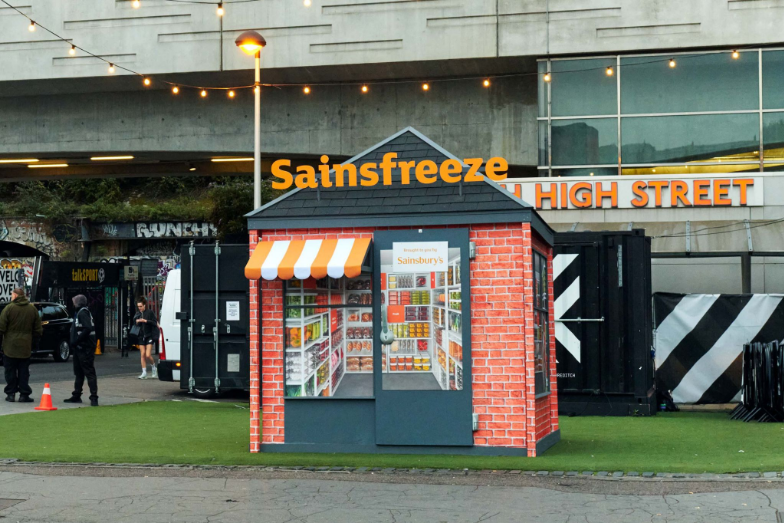
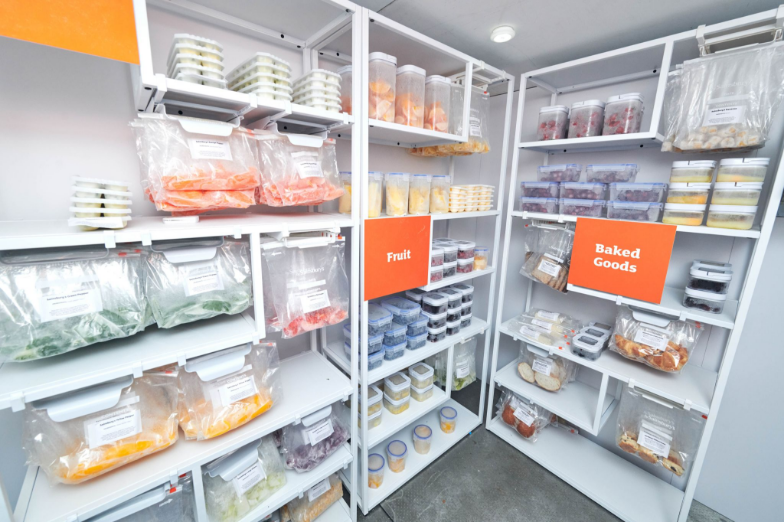
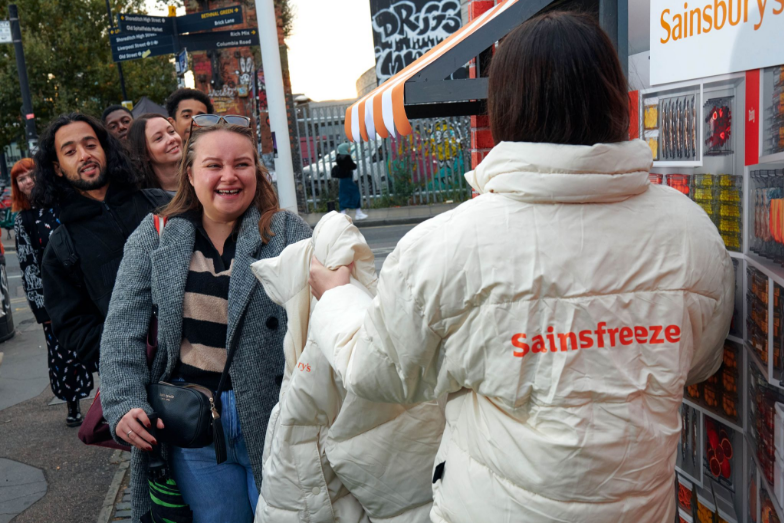
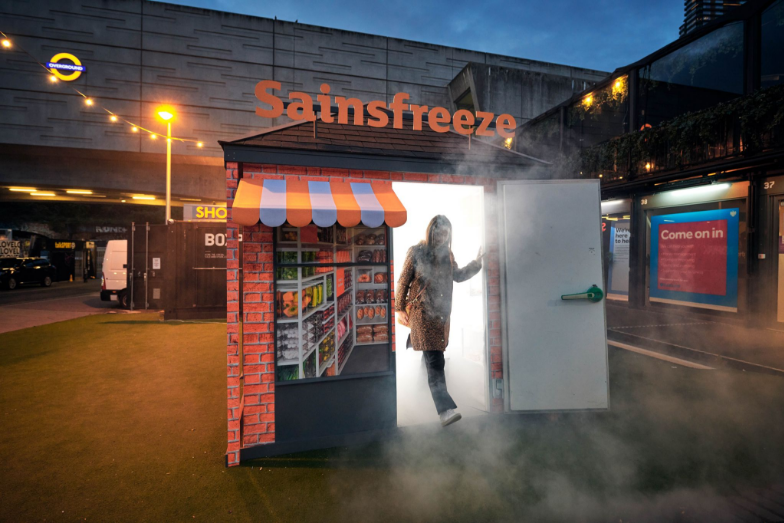
Current market trends surround the word “sustainability” and how we as businesses can better impact the environment with safe eco-conscious business decisions in aims to positively impact our environment and suit the needs of our future shoppers. With millennials purchasing power increasing and gen Z entering the market, companies need to consider what makes this generation of shoppers different from the last.
The future generations generally prioritize health, wellbeing, convenience and ethics, as “63% of millennials are willing to pay more for sustainable products” [2] this behaviour has also been reflected in generation Z, they’re “willing to pay more for brands that try to have a positive impact on society ( 56%) or run their business in a sustainable way ( 53%), according to new research from global consumer insight agency InSites Consulting” [3] You can learn more about “The future of retail” on our latest article, discussing how we can improve our in-store displays to appeal to new shopping habits.
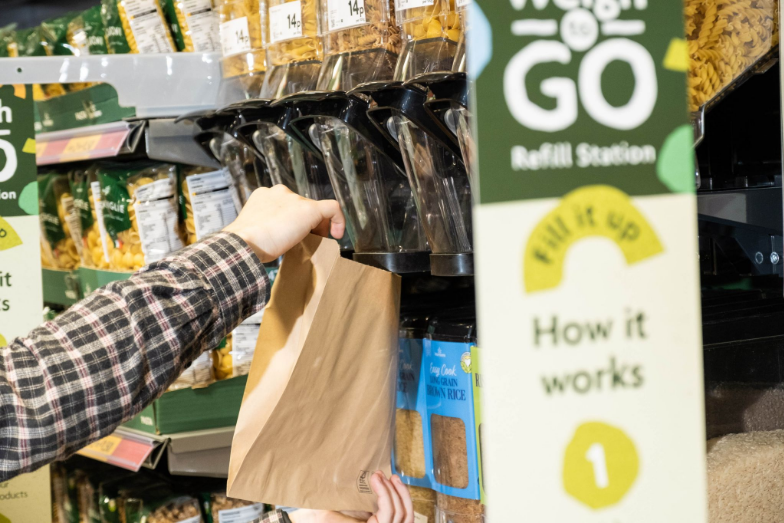
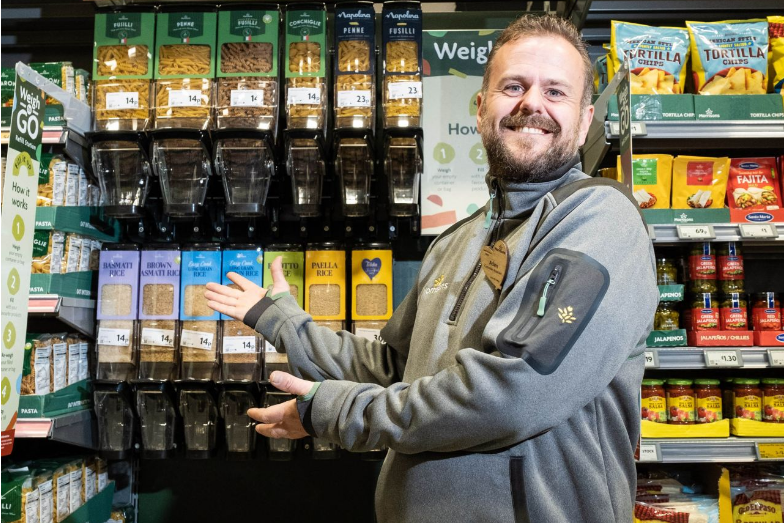
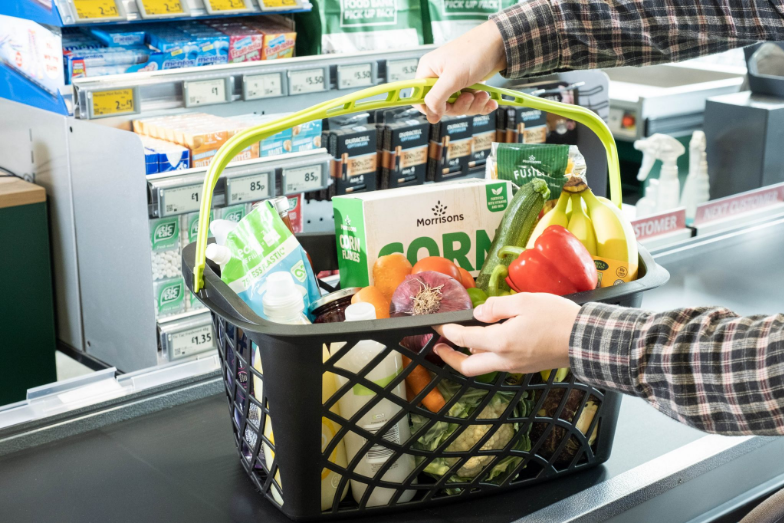
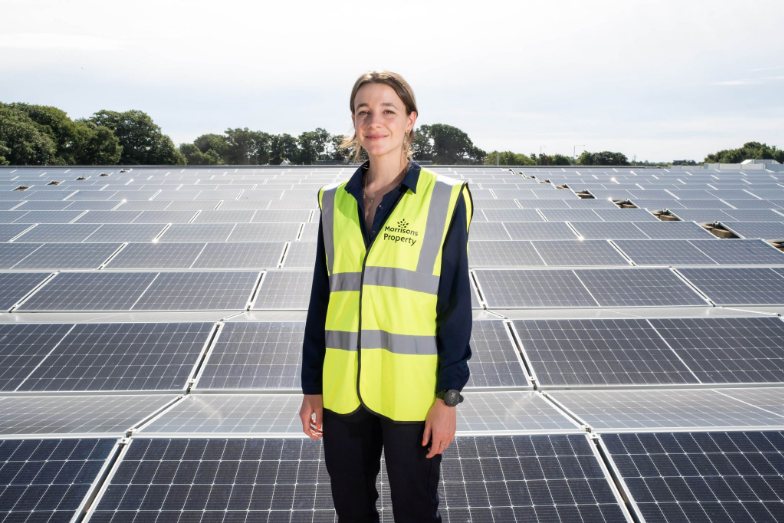
Likewise to Sainsbury’s, their market competitor Morrisons has opened their “first lower environmental impact store using less carbon, less plastic and being almost zero waste, whilst quadrupling locally sourced products, increasing biodiversity schemes and community hours” [4] With supermarket giants like Morrisons taking the first steps in implementing eco-conscious business practices in aims to aid our planet will we see similar behavioural pattern from market competitors and smaller businesses in aims to appeal to new shoppers entering the market.
Stores like Little Clacton and Sainsfreeze are the first of many eco-conscious stores to pave the way for a sustainable future when shopping. With the increased demand for businesses to provide sustainable solutions, investing in eco-conscious practices such as carbon neutrality, and building a brand that priorities our current climate, is it time for businesses to invest in greener practices in 2023?








